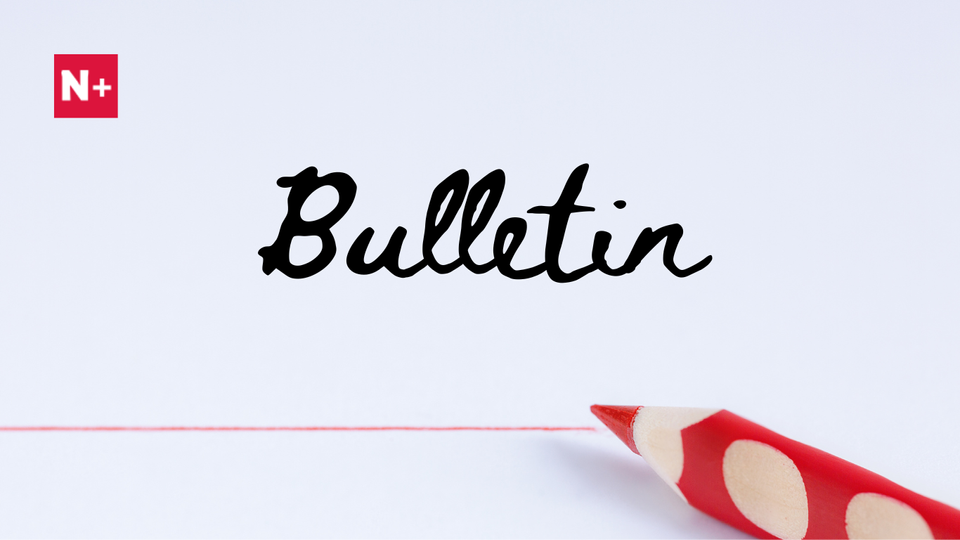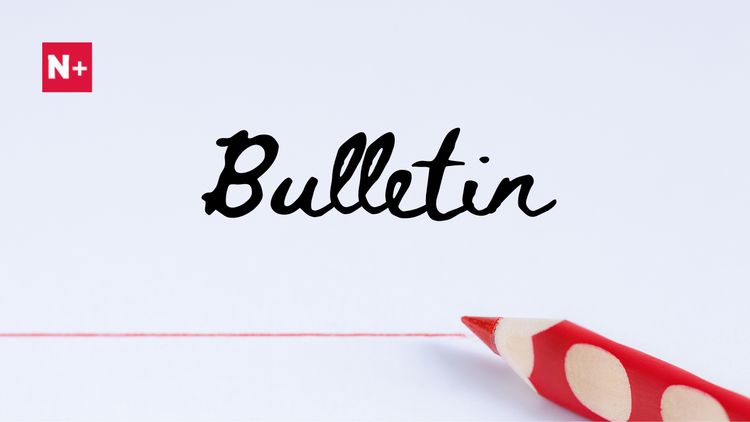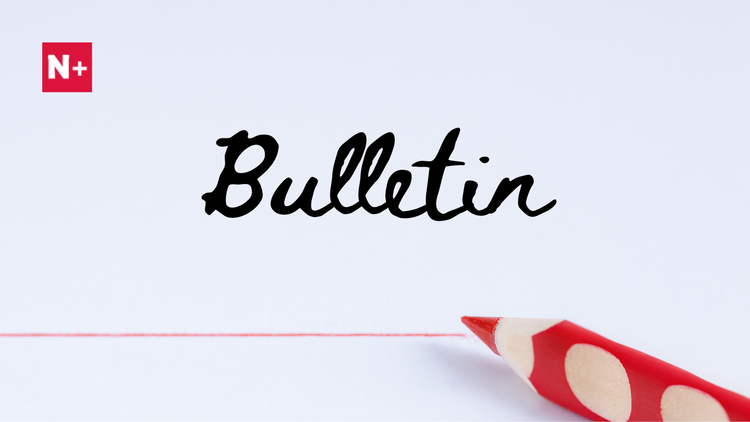Key Direction for Huiminbao Drug Formulary at China's National Two Sessions

During China's 2024 National Two Sessions in March, Wu Fan, a member of the National Committee of the Chinese People's Political Consultative Conference (CPPCC) and Deputy Dean of Shanghai Medical College at Fudan University, presented recommendations concerning the refinement of Huiminbao's functional role and the enhancement of regulation over the Huiminbao Specialty Drug Catalog.
These suggestions were directed toward the National Financial Regulatory Administration (NFAR) and the National Healthcare Security Administration (NHSA), signaling a likely future direction for developing Huiminbao's specialty drug formulary. It entails a significantly tighter integration with China's National Reimbursement Drug List (NRDL) concerning coverage scope, dynamic update schedules, and negotiation rules.
Prioritize the inclusion of drugs and drug types not covered under the NRDL.
In recent joint policy proposals concerning Huiminbao, both NAFR and NHSA emphasized its positioning: "to cover reasonable expenses outside the basic medical insurance policies' scope and high personal out-of-pocket expenses within the policy scope."
However, the current formulation of the Huiminbao specialty drug catalog features unclear and non-transparent inclusion criteria across regions and lacks systematic integration with basic medical insurance. Consequently, Huiminbao coverage tends to overlap rather than complement the BMI catalog.
For example, cancer drugs make up over 50% of the current Huiminbao specialty drug claims. Notably, while mainstream domestic PD-1 inhibitors have lowered prices to be included in the national reimbursement drug list, imported PD-1 inhibitors are popular in regional Huiminbao catalogs at higher prices despite not being included in the national catalog.
In her recommendations to the NAFR and NHSA, Wu Fan proposed establishing basic inclusion criteria for Huiminbao, prioritizing the inclusion of drug indications and types currently absent from the basic medical insurance catalog tailored to address the primary health concerns in different regions.
Align Huiminbao listing with NRDL updates and implement evidence-based pricing negotiation
Wu Fan and other experts propose synchronizing Huiminbao's listing adjustments with annual updates to the national medical insurance catalog to enhance integration with basic medical insurance. Once a drug is included in the NRDL, it should be removed from Huiminbao.
Moreover, many high-priced imported drugs currently remain listed in Huiminbao at their original prices. To ensure long-term fund sustainability, experts advocate for an NRDL-style negotiation process for Huiminbao formulary inclusion. This process should thoroughly consider clinical, pharmaceutical, and pharmacoeconomic expert evaluations to achieve more cost-effective pricing.
Implications
Enhancing integration between Huiminbao and NRDL will diminish the commercialization prospects for "me-too" drugs. However, it will also liberate funds to explore additional avenues for genuine innovations that tackle significant local healthcare needs, even if they surpass the product cost limits established by NRDL negotiations.
To seize this potential, manufacturers must bolster their ability to showcase product value through local evidence.
References:
- “申”聚两会|惠民保如何优化?吴凡委员建议优先纳入医保没有的药品种类, 澎湃新闻, 2024-3-5, https://m.thepaper.cn/detail/26559711
- 政协委员建言“惠民保”:建立特药目录“调进调出”动态机制, 第一财经, 2024-3-5, https://www.yicai.com/news/102015078.html
- 政协委员吴凡:优化惠民保特药目录纳入和调整规则, Caixin, 2024-3-5, https://topics.caixin.com/2024-03-05/102171809.html





